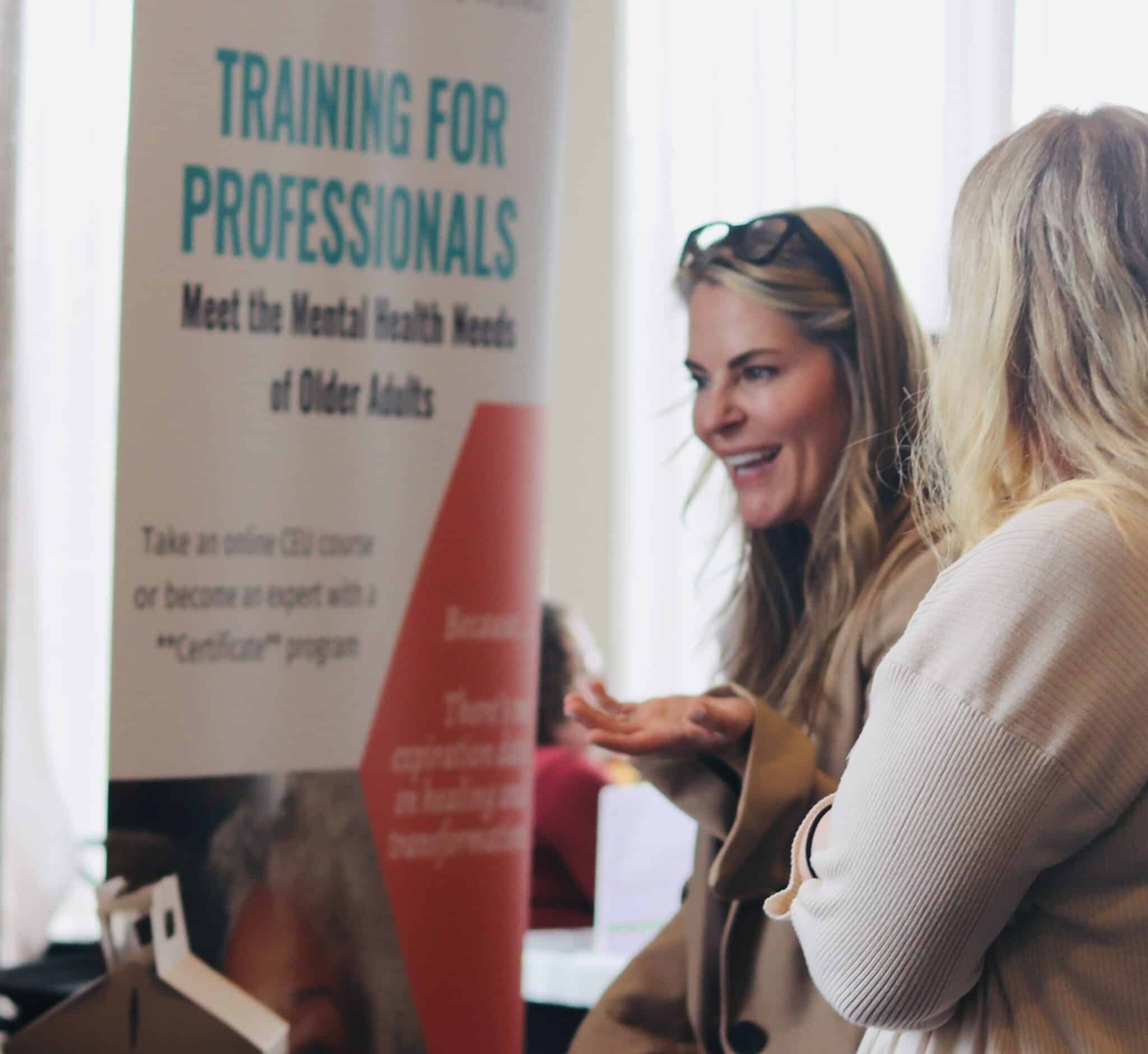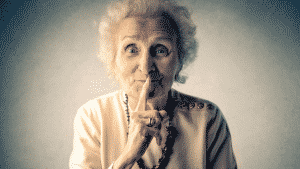What It Takes to Build a National Movement for Mental Health & Aging
Ever wonder what it really takes to build a national movement for mental health and aging? In this inspiring behind-the-scenes episode, I’m pulling back the curtain and sharing the heart, hustle, and healing that built the Center for Mental Health & Aging.
You’ll hear where it all started—from working late nights with two small children at home to battling systemic bias in healthcare settings. I’ll walk you through the moments I nearly gave up, the surprising victories, and the “why” that keeps me going.
If you’re a mental health professional, aging services provider, or change-maker with a mission-driven heart, this episode is for you.
In This Episode, You’ll Learn:
-
Why I left a successful career at the VA to start the Center for Mental Health & Aging
-
The barriers professionals face when working with older adults—and how we can solve them
-
How my signature GeroChampions program evolved into a national training movement
-
The step-by-step vision I mapped out (with a thermometer!) to earn CEU accreditation
-
How we’ve trained thousands of professionals and launched over 30 courses
-
Why there’s no expiration date on healing, transformation, and love
-
What post-traumatic growth has to teach us about aging well
-
And why older adults deserve more than just care—they deserve dignity and mental health equity.
Resources Mentioned:
- Free Download: Clinician’s Guide to Mental Health & Aging
- Mental Health & Aging Certificate Program
- Culturally Inclusive, Trauma-Informed Care with Older Adults Certificate Program
- End of Life Ethics & Psychotherapy Course
- See all CEU Courses
- National Provider Directory
Remember…
it’s only with your help that we can meet the mental health needs of older adults. So thank you for being here—and thank you for doing your part.
See you next week!
Subscribe and Leave a Review
If you enjoyed this episode, please subscribe, leave a review, and share it with a colleague or friend. Together, we’re building a movement for mental health and aging. Because there is no expiration date on healing, transformation, and growth.
PROFESSIONALS:
Grab your free guide to working with older adults here → mentalhealthandaging.com/guide






